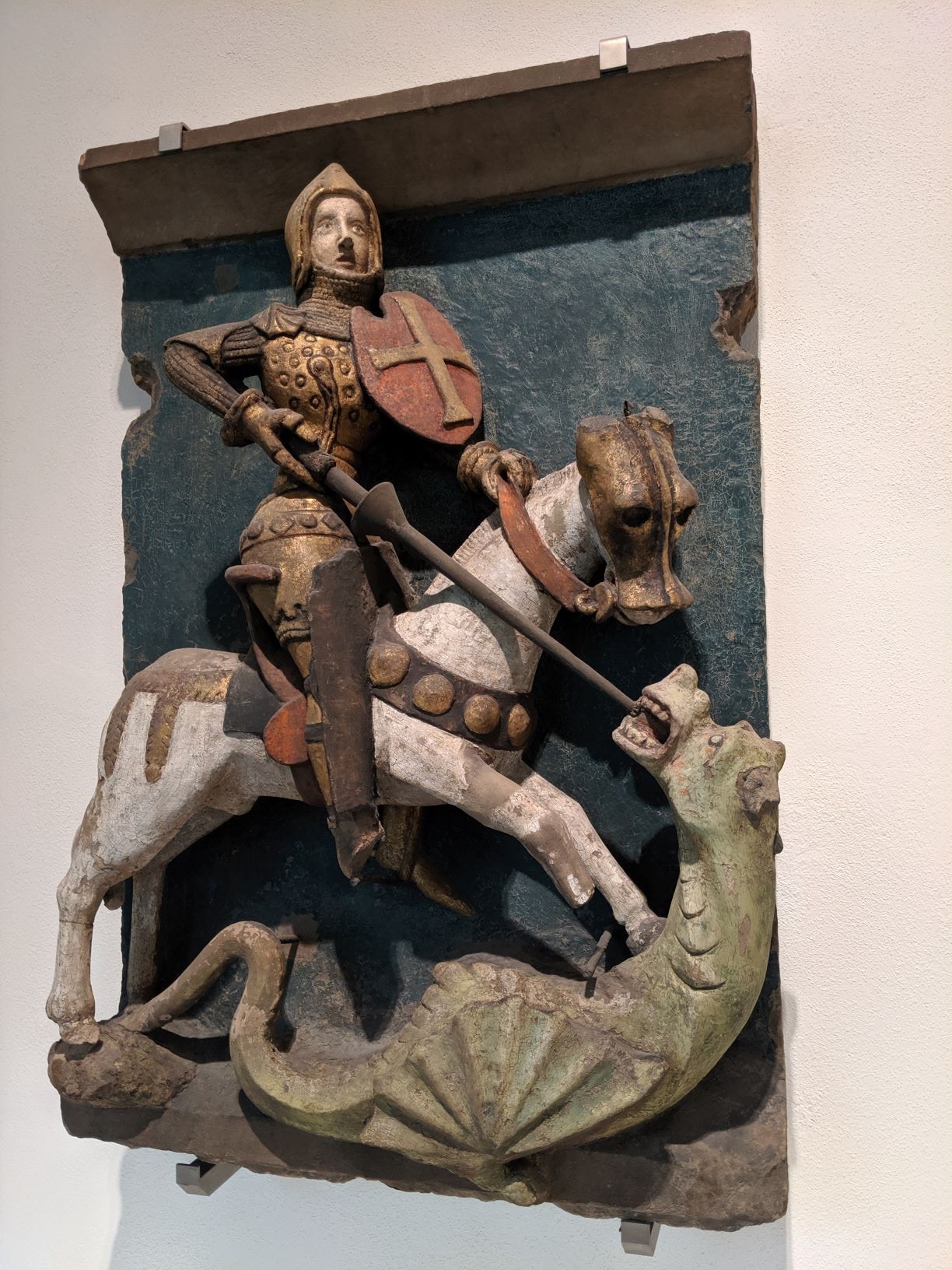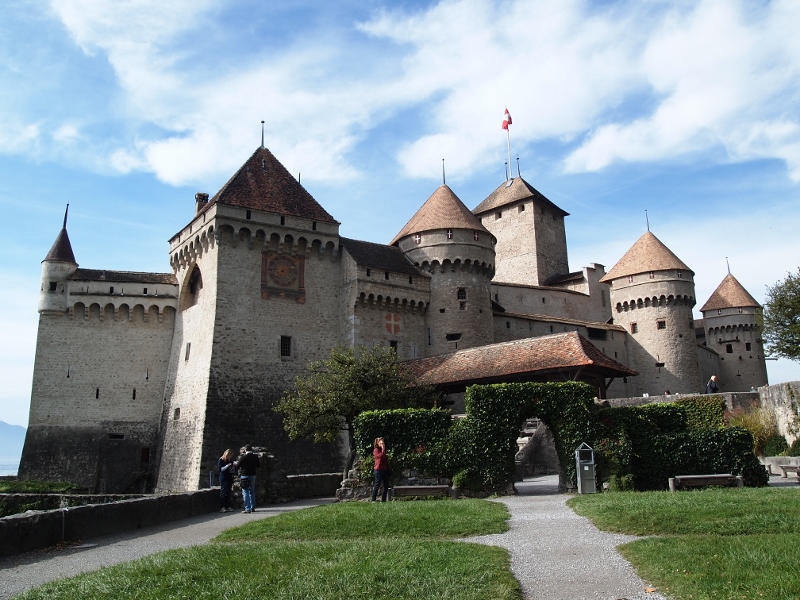Knights in Reality
We often talk of “princes on white horses”. However, I believe that the real saviours of damsels in distress would have been brave knights training on horseback. The firstborn son and heir to a king, after all, is highly unlikely to have had the freedom to go riding off to adventures. It seems dubious that princes would have had opportunities to fight for their lives, unless for their own country. Of course, second- or third- born princes may have been otherwise.
Let us assume that the “prince on the white horse” was actually an adventurous knight.
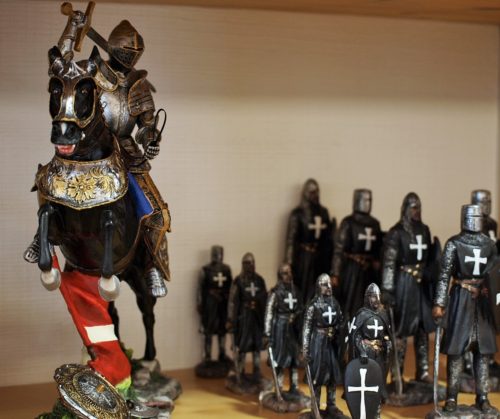

The next question would be, what kind of people became knights?
The definition of a knight is as follows:
“For hundreds of years, knights were the most powerful soldiers and amongst the most important people in Europe. They were at their height for about 500 years in the Middle Ages (also called the medieval period), from1000 to the 1500s. Society in the Middle Ages was like a pyramid. Each knight served a baron or earl, who, in turn, held his estates by giving loyalty and the service of his knights to the king.
Some knights were mercenaries who fought simply for money, but most were given land by a baron in exchange for loyalty and service in battle. Unlike barons, the position of knight was not handed down from father to son.” Philip Dixon’s book Knights & Castles
To add to Dixon’s paragraph, lords also bestowed homes, food, armour, weapons, horses, and money upon knights. Knights were professional fighters employed by those he pledged loyalty to, who gave them land in return. Unlike nobility, knights could not pass their status onto their sons.
Knights within the Medieval Hierarchy
In the feudal society of medieval Europe, lords were people who had the rights to claim certain taxes on land. Even between them there were many layers of power – feudal dynamics went beyond the scope of one’s land.
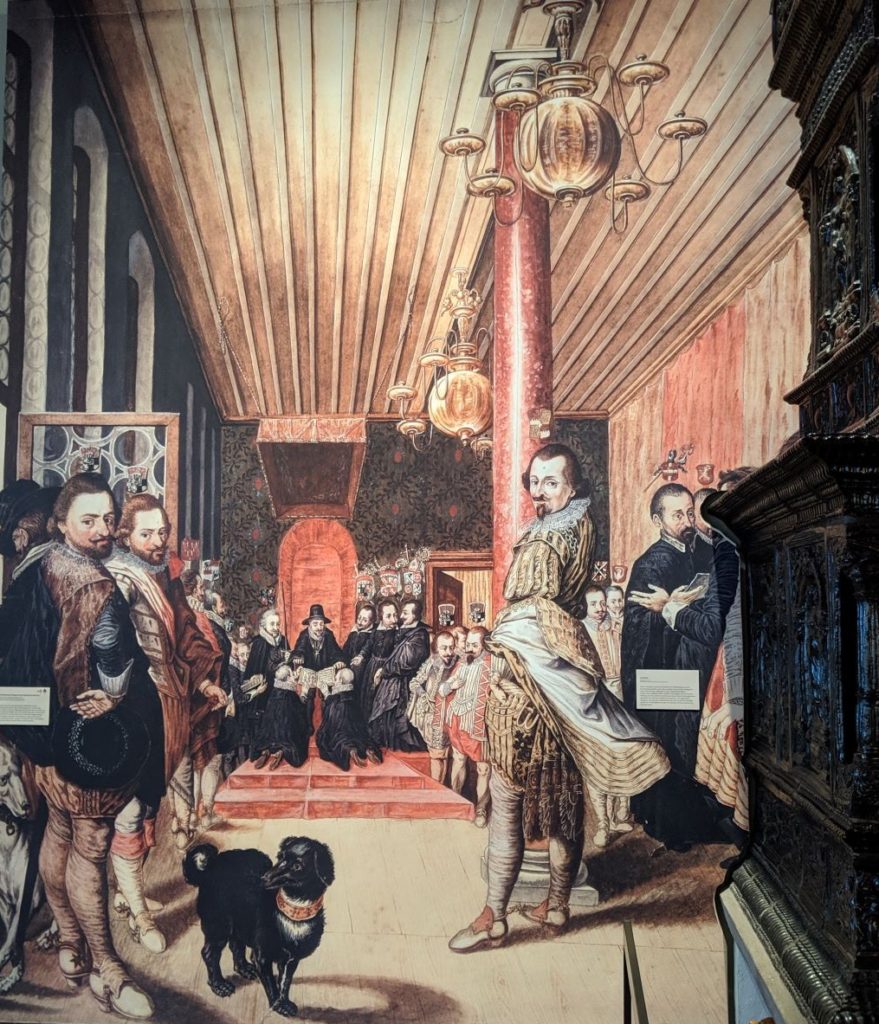

At the top of the medieval hierarchy was the king. He also acted as the lord of the land he directly owned. Underneath him were barons, to whom the king gave land and privileges which could be passed down to the baron’s children. In return, the baron promised the king loyalty and soldiers. Among these soldiers were knights, as well as soldiers of lesser rank such as foot soldiers and archers. The barons, in turn, gave land to the knights, who pledged loyalty to the barons and fought in his wars.
When we picture lords residing in big, impressive castles, we are most likely thinking of barons. Knights would have been visiting them frequently at their castles – which may strengthen our hypothesis that the princesses fell in love with brave knights on white horses instead of princes.
Barons included religious leaders called bishops. Abbots and bishops were in fact the most powerful and wealthy amongst the barons. The Church was the biggest landowner in Europe, and the people were required to pay them tithe. It comes as no surprise that the Church consisted of the wealthiest people.
A baron’s heir was his eldest son. His other sons would pursue other paths, such as priests or knights. If an elder brother or uncle died from war or sickness, the next in line would be assigned heir.
Going back to the feudal structure of the medieval society, the lowest social class below the knights were farmers, labourers, and peasants. Most were owned by or indebted to the knight or lord of the land, which made it impossible for them to leave.
What does it Mean to be a Knight?
What is the typical knight like? We often imagine knights on horseback clad in armour. As the horses, armour, and servants had to be paid for by the knight himself, it was a status reserved only to sons of wealthy families.
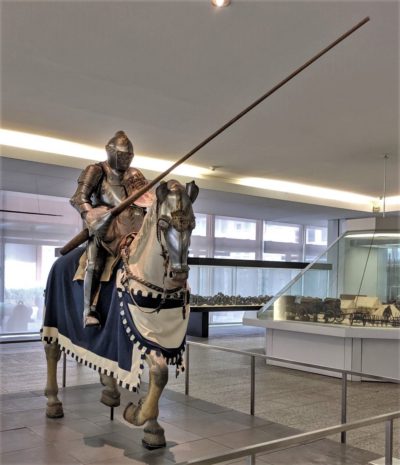

When a boy of such a family reached the age of seven, he left his family to reside in a castle and work as a page. The lord of the castle, usually the father’s friend or relative, were often the child of nobility or a knight, as the second…
Read more▼ ▼ Click!!
An introduction to European castles and the lives of people in the Middle Ages.
